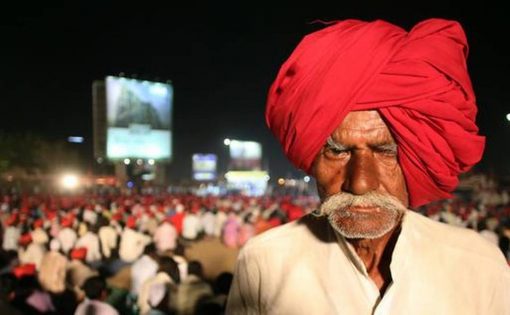
The agrarian crisis in the country has now reached massive proportions and needs urgent attention. As a result of governmental apathy and anti-farmer policies, the annadatas of our country are experiencing unprecedented distress. The crisis is no longer just a measure of loss of land, incomes, jobs and productivity, but a threat to the very existence of farmers. To draw the government’s attention to this grave situation, and to ensure a meaningful resolution of the crisis, the farmers of the country are marching to Delhi on November 29-30 to demand a twenty one day Parliament session specifically addressed to agrarian issues.
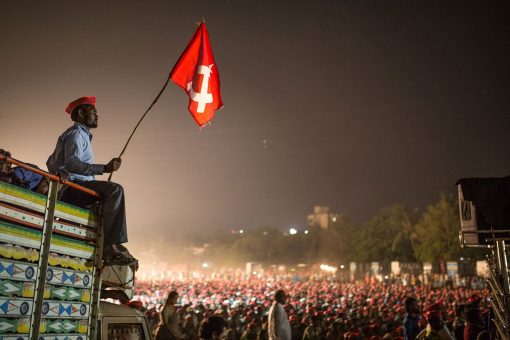
Over three lakh farmers have committed suicide in India over the last twenty years. Since 2013, more than 12,000 farmers have committed suicide every year. The reasons include rising input costs, falling prices of agricultural commodities, lack of access to irrigation, electricity and infrastructure, mounting debt and growing landlessness. The All India Kisan Struggle Coordination Committee (AIKSCC), representing almost two hundred farmer organisations, has organised the Kisan Mukti March to Delhi to highlight the worsening agrarian scenario and the continued neglect of the agricultural sector by the government.
The AIKSCC points out that if the Parliament can call for emergency midnight sessions to declare mea sures like the Goods and Services Tax (GST), it can certainly convene sessions to discuss issues that affects seventy percent of the population of the country.
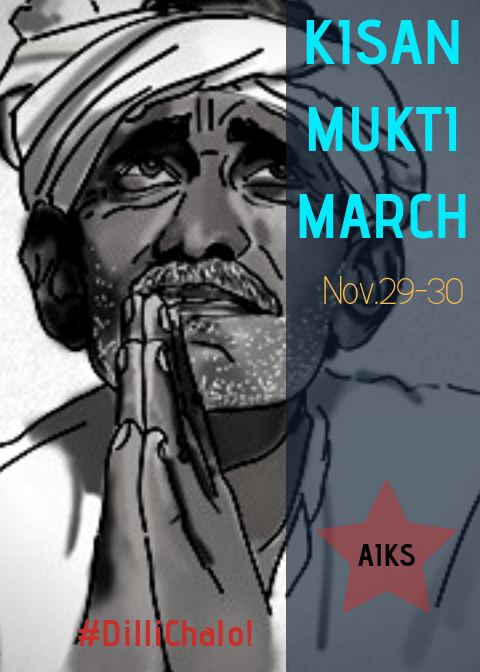
The march is unique because many sections have come together in support of the marching farmers and their demands. People from various walks of life have organised solidarity groups under the banner of Nation for Farmers, a platform launched after the Long March of the farmers to Mumbai. The solidarity groups include Students for Farmers, Children for Farmers, Doctors for Farmers, Lawyers for farmers, and Artists for Farmers. In the run up to the march, these groups have undertaken a number of activities and campaigns to raise awareness about the agrarian crisis and to ensure that the voices of the farmers are heard.
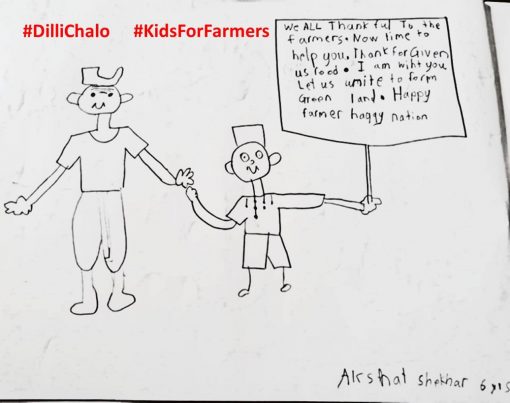
Artists, writers and intellectuals have come out in strong support of the march. Anand Patwardhan, Nayantara Sahgal, K Satchidanandan, T M Krishna, Githa Hariharan, Ganesh Devy, Atamjit Singh, Damodar Mauzo, Uday Prakash, Rahman Abbas, Kiran Nagarkar, Raosaheb Kasbe, Mangalesh Dabral, and Sharankumar Limbale have expressed their solidarity with the movement.
K Satchidanandan pointed out that the State has been ungrateful to the farmers to the point of cruelty. He said, “This cannot go on. The Indian peasant’s plight defines the nation’s state and the State needs to do everything to solve their problems. Their genuine grievances ought to be addressed by a special session of the country’s s parliament and concrete solutions sought.”
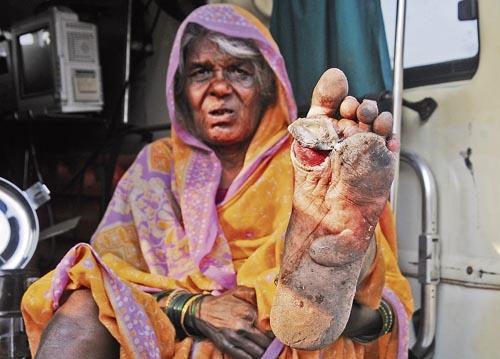
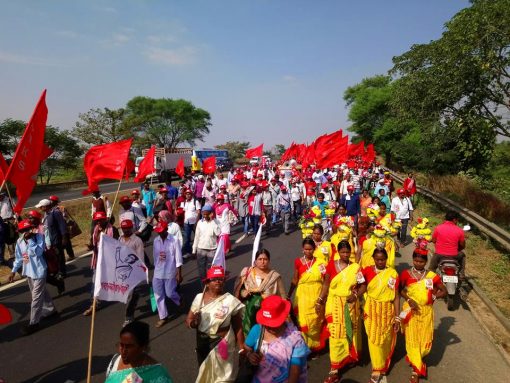
Expressing her solidarity, writer Githa Hariharan said, “The small and marginal farmers in our country have been in great distress, faced with falling incomes and growing debt. Over the last few years, they have tried hard to call the attention of the government to their plight. It is time for us now, as citizens, to raise our voices with those of our farmers. Together we must demand a response from the government.”
Singer T M Krishna observed, “As a democratic, socialist republic, it is our fundamental duty to care for every citizen, especially those who are in the margins. The truth is that we, the powerful, have long forgotten our farmers. They rarely feature in our conversations on economic, environmental or social justice. This has to change now, and it cannot wait. A demand for a special parliamentary session on the plight of our farmers is our right and the political class has to respond.”
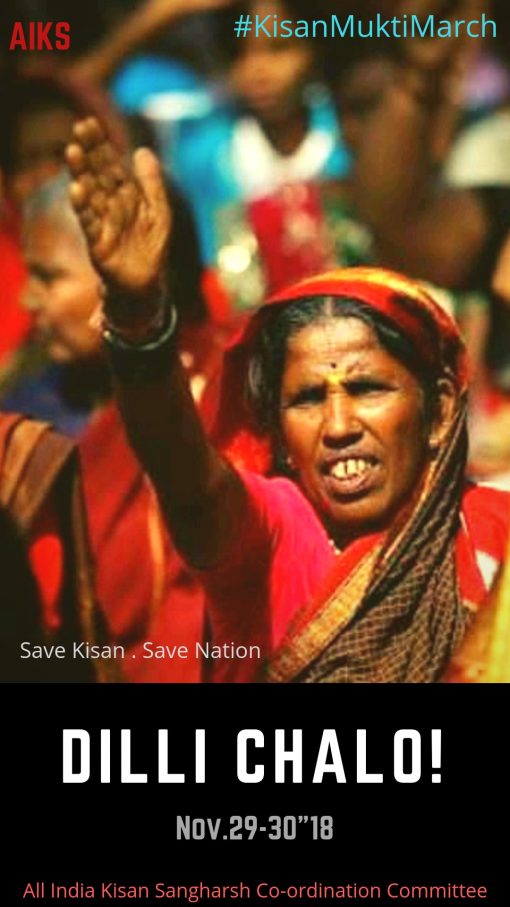
The Kisan Mukti March, and the diverse yet united voices supporting the farmers, are a wake-up call to the government. In a predominantly agrarian society such as ours, agricultural issues and farmers’ well-being need to be at the centre of policy attention. As literary critic Ganesh Devy remarked, in the context of the march, “The hands that grow food give life to the nation.” Will the government heed?
Read more:




